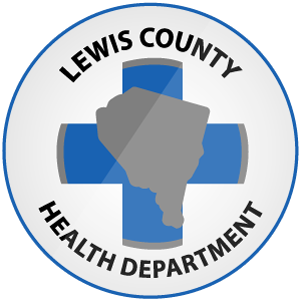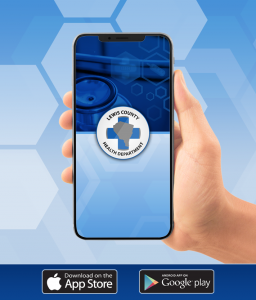Water Wells & Testing
Water Samples
Water samples are first tested for Coliform Bacteria. This group of bacteria, normally found in the environment, is used as an indicator, to indicate the possible presence of pathogens (disease-causing organisms). Generally, when pathogens are present in drinking water, coliforms are present as well. The reverse is not necessarily true - when coliforms are found in drinking water, pathogens may or may not be present. However, treating the water to eliminate the coliforms would most likely also eliminate the pathogens. The level of coliform bacteria allowed in drinking water is zero. If coliforms are found in the water sample, further testing is performed to look for Fecal Coliforms (a subgroup of Total Coliforms) or E. coli (one member of the Fecal Coliform Group). Since both Fecal Coliforms and E. coli are found in the intestinal tract and feces of warm-blooded animals, their presence in drinking water can indicate a sewage contamination problem.
Where do water samples come from?
Water samples are collected by Water Plant Operators from Public Water Systems, Engineers from the Office of Environmental Health Service (OEHS) - Environmental Engineering Division (EED), Sanitarians from OEHS - Public Health Sanitation Division (PHSD) and Local County Health Departments (LHD). Lewis County citizens needing to have their well water tested should contact the Lewis County Health Department. A trained sanitarian will collect the sample and ensure that the well is properly protected. In the event that the sample does have coliform bacteria present, the sanitarian can instruct the well owner on how to treat the well, remedy the problem and provide follow-up testing.

 Download our free app today to receive real-time alerts, catch up on news, view upcoming events and track important dates.
Download our free app today to receive real-time alerts, catch up on news, view upcoming events and track important dates.